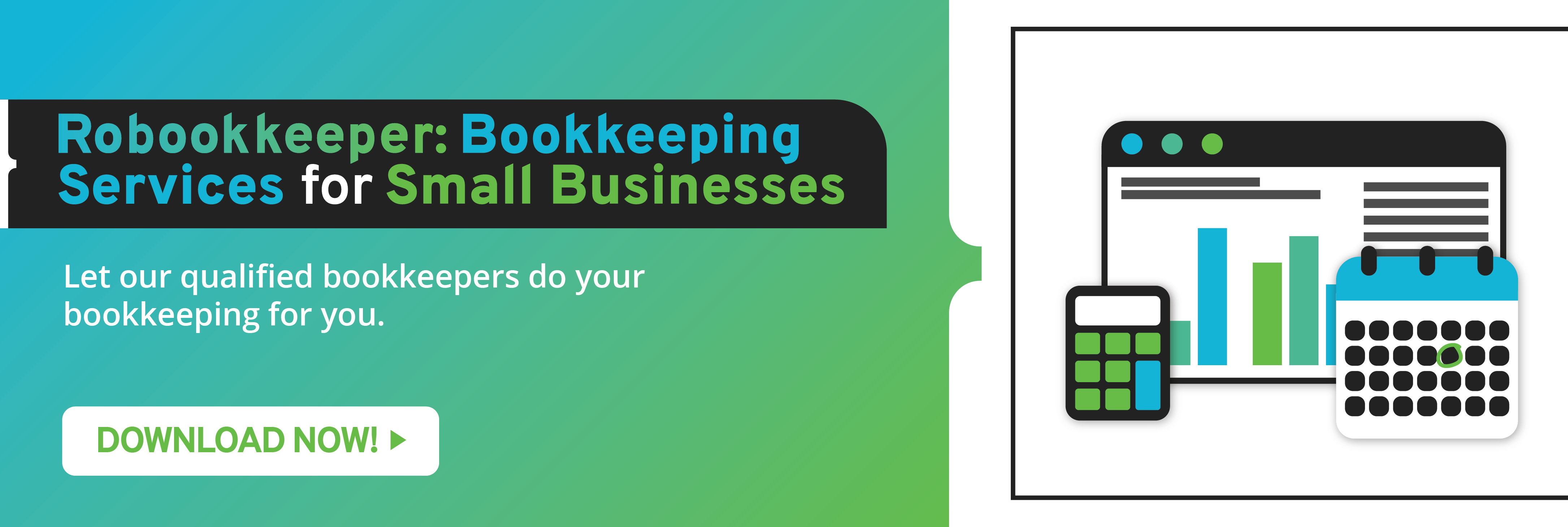Collection of receivables is one of the problems that small business owners may encounter. A delay in payment may constrict your operations’ cash flow. This has a negative cascading effect on other aspects of your business. You’ll have fewer resources for product development, marketing, implementation of sales strategies, hiring new employees and training current ones, and less financing for growth.
Companies that specialize in outsourced bookkeeping services agree that the collection of your accounts receivables should be one of your priorities. Making collection a priority improves cash flow and provides you with financial flexibility. You reduce the possibility of running low on cash. You’ll be able to balance your company’s short- and long-term goals better when cash flow isn’t red.
Outsourced bookkeeping services experts mention the following ways you can improve the collection of accounts receivables.
Invest in or Upgrade Your Accounting Software
Manual bookkeeping is a tedious and time-consuming process. It can also cause mistakes in inputs, categorization, and computation, especially when an employee lacks the experience and skills to do proper bookkeeping. Invest in accounting software such as Xero and QuickBooks; both have multiple benefits that make bookkeeping easier for small business owners. These systems also keep your financial information secure in the cloud. Access your documents at your convenience regardless of your location and time. Software also makes it easier for you to generate reports you can use to decide on the allocation of resources to different teams in your company, determine your budget for product development, and set funds aside for sales and marketing.
Make an Aging Report
To improve your collection efforts, you’ll need to create and follow an aging report. This report allows you to monitor the progress and status of accounts receivables. You’ll know which clients are delinquent, which ones are approaching their due date, and which ones have already paid. Create categories for each cluster of customers. One example is grouping them according to the number of days that have passed since they received your invoice. Groups could be 0-30, 31-60, 61-90 and more. Customize your approach depending on the group. Your follow-up email or call will use different wording and tone whether a customer is still within 30 days of their due date compared to one that’s 60 or more days late. An aging report makes it easier for you to track accounts receivables and manage your operations’ cash flow.
Create and Implement Invoicing and Collection Policies
You’ll need a replicable process to simplify and improve accounts receivable collections. Create and implement policies that you’ll distribute to your team. They’ll use this whenever they send invoices and receive payments from customers. They can refer to it whenever a customer asks a question or files a complaint. The policies should include payment terms and options, due dates, possible penalties for late payments, and others. An easy-to-follow policy not only speeds up collections, but also improves the efficiency of your team’s workflow and reduces accounting costs.
Be Flexible with Payment Terms
Discuss the payment terms, conditions, and methods with your customers openly. Be flexible within reason so they don’t take advantage of your terms. Mention the penalties and interest they may incur for late or non-payment. Offer possible payment extensions that don’t jeopardize your small business’ cash flow. Consider installment plans if a customer can’t pay immediately. This allows them to pay within their budget and injects cash back into your operations. Incentivize paying early such as discounts, exclusive offers, and better terms for future payments.
Offer More Payment Options
Outsourced bookkeeping services experts mention that your collection rate will improve when you provide customers with more payment options. Some prefer paying online while others want to deposit a check. Offer both and more options to collect receivables faster and within their due date. Display these options on your website. Install card payment, Apple Pay, PayPal, or other platforms on your checkout page. Make these options obvious to all your visitors. Many banks and platforms have layers of security to make sure that every transaction is safe.
Be Proactive
Take a proactive approach in collecting receivables from customers. Designate a team that communicates with customers about their due dates, schedules the sending of invoices, implements policies, and fields questions from customers. A dedicated team is more efficient and productive in collecting receivables. Being proactive sets expectations for all parties involved. It also reduces payment delinquencies and enables you to determine the causes of non-payment. Be proactive but reduce the need for micromanaging your staff when it comes to doing their job. This may interfere with their tasks and may be the cause of their unproductivity. Provide them with enough freedom to do their job to the best of their abilities. However, establish objectives and tasks you want accomplished.
Review and Update Often
Review your collection policies and workflow to determine areas for improvement. Collect data from your processes to identify inefficiencies. Change your processes if you find something better and more efficient, especially when your customer database grows. Upgrade software to meet the needs of your small business if necessary. Discuss ways you can improve your collection with your team so that they feel more engaged in their work. Update your database so that invoices reach the right person and company. Contact a customer to determine if they have changed addresses, emails, or phone numbers. Determine if the person you send invoices to is still working with the company you’re partners with. Updated customer information makes sure that you collect receivables on time.
These are the best practices you can implement to improve accounts receivable collection. Timely collection keeps your cash flow positive. Any delay may lead to constriction of your finances to maintain operations at a high level and reduce your small business’ profit.
Robookkeeper is an outsourced bookkeeping company that you can partner with. We offer quality outsourced bookkeeping services for small business owners like you. Our team consists of experienced and skilled virtual bookkeepers that get any job done. They provide error-free and updated accounting books using Xero or QuickBooks Online. You can count on us as an outsourced partner that delivers in a timely manner.



